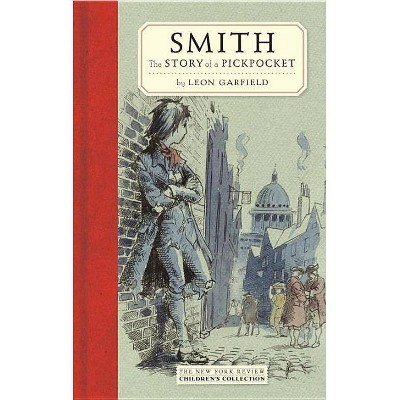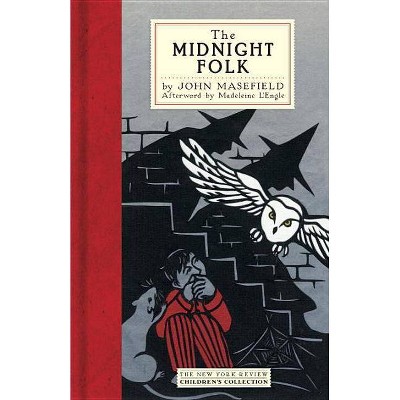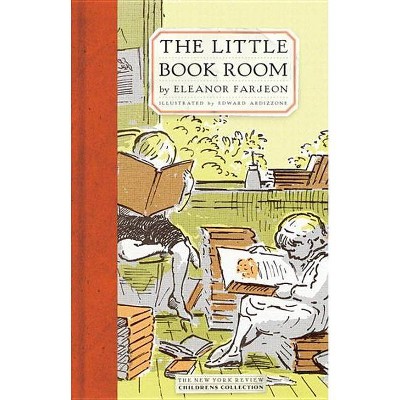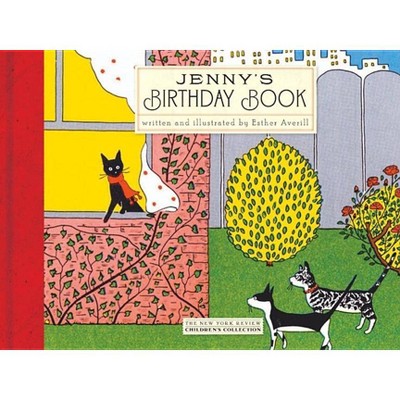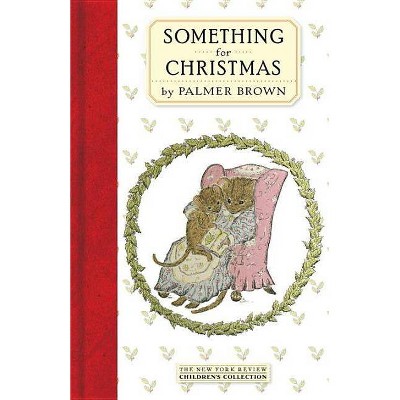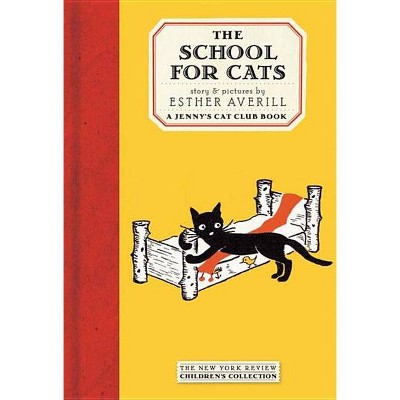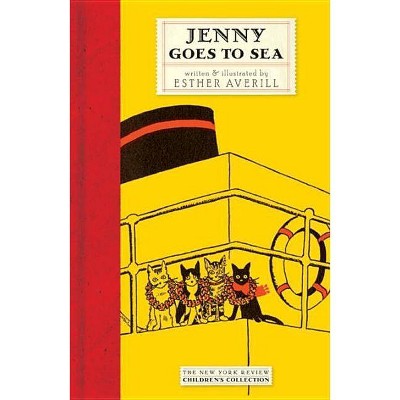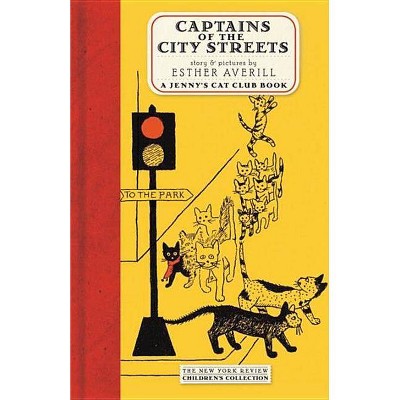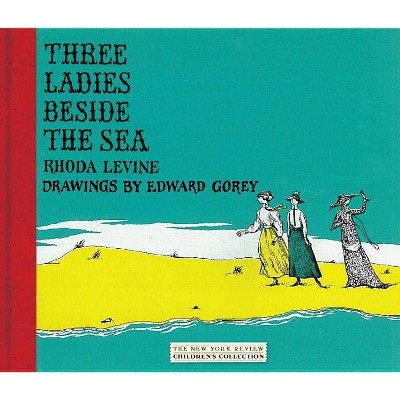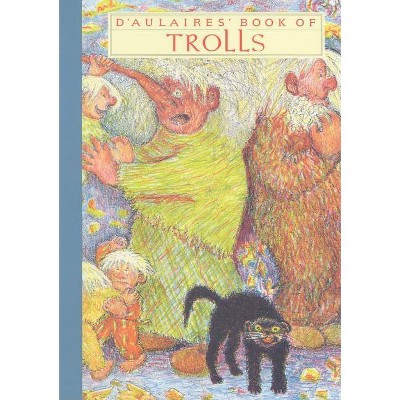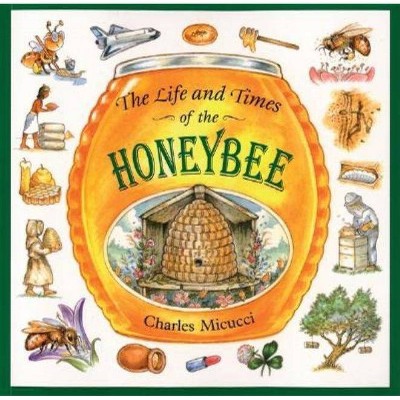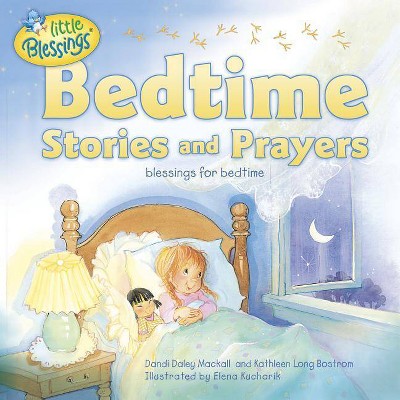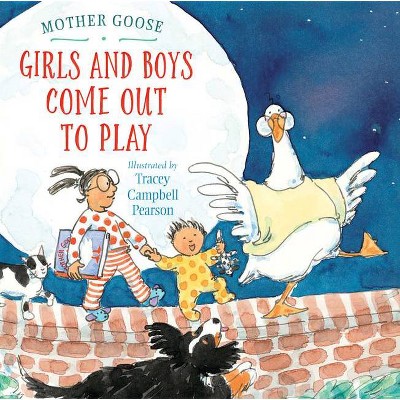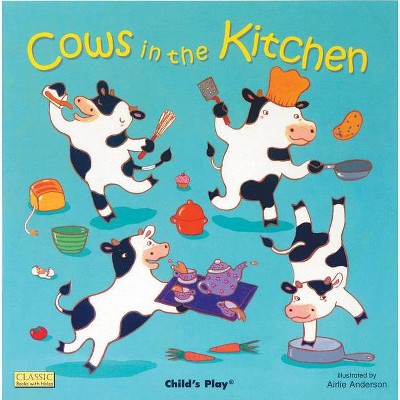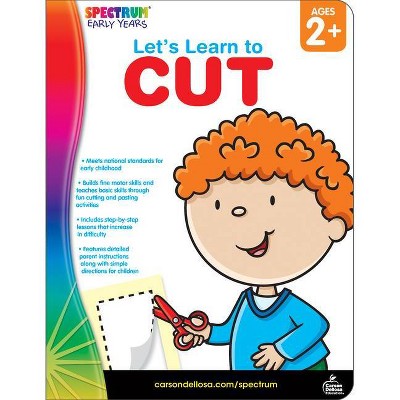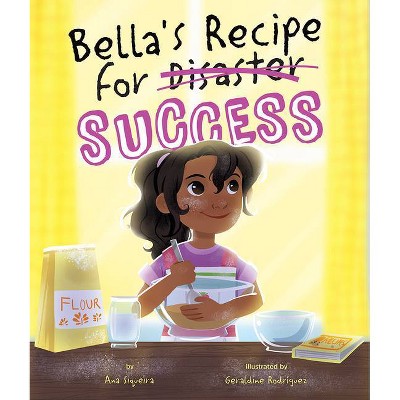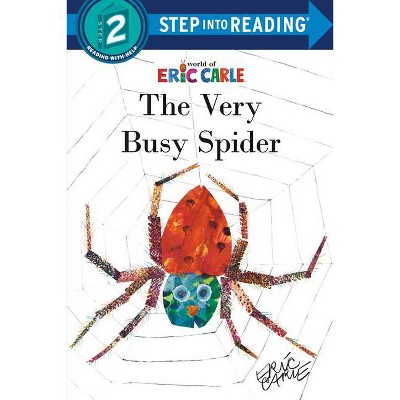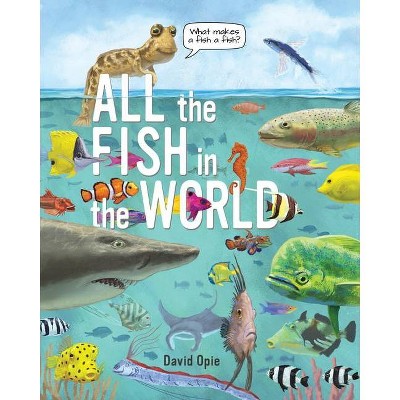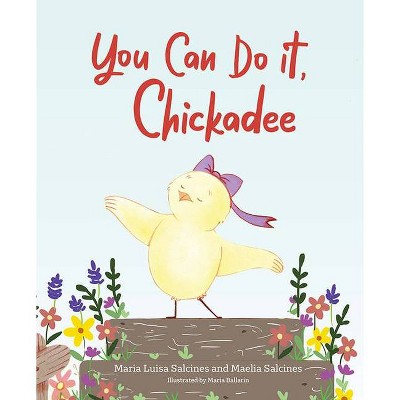Wee Gillis - (New York Review Children's Collection) by Munro Leaf (Hardcover)
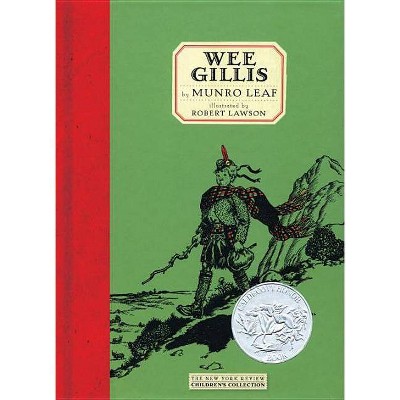
Similar Products
Products of same category from the store
AllProduct info
<p/><br></br><p><b> About the Book </b></p></br></br>Wee Gillis can't decide whether he wants to be a Highlander like his father, and stalk stags, or a Lowlander like his mother, and raise long-haired cows.<p/><br></br><p><b> Book Synopsis </b></p></br></br>A Caldecott Honor Book by the creators of the beloved <i>Story of Ferdinand</i> <p/>Wee Gillis lives in Scotland. He is an orphan, and he spends half of each year with his mother's people in the lowlands, while the other half finds him in the highlands with his father's kin. Both sides of Gillis's family are eager for him to settle down and adopt their ways. In the lowlands, he is taught to herd cattle, learning how to call them to him in even the heaviest of evening fogs. In the rocky highlands, he stalks stags from outcrop to outcrop, holding his breath so as not to make a sound. Wee Gillis is a quick study, and he soon picks up what his elders can teach him. And yet he is unprepared when the day comes for him to decide, once and for all, whether it will be the lowlands or the highlands that he will call his home. <p/>Robert Lawson and Munro Leaf's classic picture book is a tribute to the powers of the imagination and a triumph of the storyteller's and illustrator's art.<p/><br></br><p><b> Review Quotes </b></p></br></br><br>"Lawson's marvelous pen-and-ink drawings of the Scottish relations and their contrasting environments bring the story to exuberant life." -<i>Horn Book Magazine</i> <p/>"Munro Leaf and Robert Lawson are best remembered for their 1936 classic, <i>Story of Ferdinand</i>, about a pacifist bull who's more interested in flowers than bullfighting. Three years later, they won a Caldecott Honor, one of the top prizes in illustrated children's literature, for a story set in Scotland, <i>Wee Gillis</i>. It had fallen out of print but has been resurrected as part of The New York Review Children's Collection, which brings neglected gems back to life. It doesn't show its age. With vivid pen-and-ink drawings in black and white, it's about an orphan with a tough decision to make: whether to live with his mother's relatives in the Lowlands and raise long-haired cows or his father's relatives in the Highlands and stalk stags." -<i>USA Today</i> <p/>"First published in 1939, when it won a Caldecott Honor award, and now back in print with this handsome hardback edition, <i>Wee Gillis </i>relates how a young Scottish boy cleverly finds a middle way between two sets of shaggy, overbearing and cantankerous relations...In Robert Lawson's brilliant black-and-white illustrations, Wee Gillis keeps an amusingly bland expression even as his uncles are leaping about, fulminating and remonstrating...The solution comes (with a hilarious picture) when Wee Gilis suddenly realizes that he can use the respiratory sills he as picked up from both sides of his family...to take up Schotland's noisiest and most musical occupation." -<i>The Wall Street Journal</i> <p/>"Back in print after 20 years, this winsome story details a Scottish lad's road to bagpipe-playing greatness. Ages 4-8" -<i>People Magazine</i> <p/>"This book is one of a number of largely unsung gems reissued by the New York Review Children's Collection imprint...it's a charmer." -<i>The Globe and Mail</i> <p/>"Munro Leaf and Robert Lawson have done it again....[<i>Wee Gillis</i>] has already won the hearts of children and adults. The pictures of the Lowland farms and the craggy Highlands of Scotland have sufficient beauty to make anyone who comes from that lovely country homesick for its hills and heather. Boys and girls from 7 on are deeply interested in the small Scottish lad who called the cows in the Lowlands and stalked the deer in the Highlands, while his lungs meantime grew stronger and stronger until at last he was able to play the largest bagpipes in Scotland and, since he was welcome in Lowlands and Highlands alike, had no further need to choose either one or the other as a permanent home. The drawings of Robert Lawson combine beauty and humor with a reality that makes the reader feel he has taken a trip to Scotland....this is a distinguished volume." -<i>The New York Times</i> <p/>"A delightful picture book for children, grown-up and otherwise" -<i>The Washington Post</i><br><p/><br></br><p><b> About the Author </b></p></br></br>MUNRO LEAF (1905-1976) was an American writer, illustrator, and columnist whose books for children include <i>Manners Can Be Fun </i>and <i>How to Behave and Why</i> (both of which he also illustrated)<i>. </i>In 1936 he "dashed off in 25 minutes" a story about a bull who preferred flowers to bullfights as a showcase for the artistic talent of his friend Robert Lawson. <i>The Story of Ferdinand</i> went on to become a best-seller and the two men collaborated on three subsequent books, <i>Wee Gillis</i> (1938), <i>The Story of Simpson and Sampson </i>(1941), and <i>Aesop's Fables</i> (1941). <p/>ROBERT LAWSON<b> </b>(1892-1957) was a prolific writer and illustrator of literature for children and was the first person ever to receive both the Newbery and Caldecott medals. Among his forty-odd books are such classic stories as <i>Rabbit Hill</i>, <i> Ben and Me</i>, <i> </i>and <i>They Were Strong and Good.</i>
Price History
Price Archive shows prices from various stores, lets you see history and find the cheapest. There is no actual sale on the website. For all support, inquiry and suggestion messages communication@pricearchive.us
